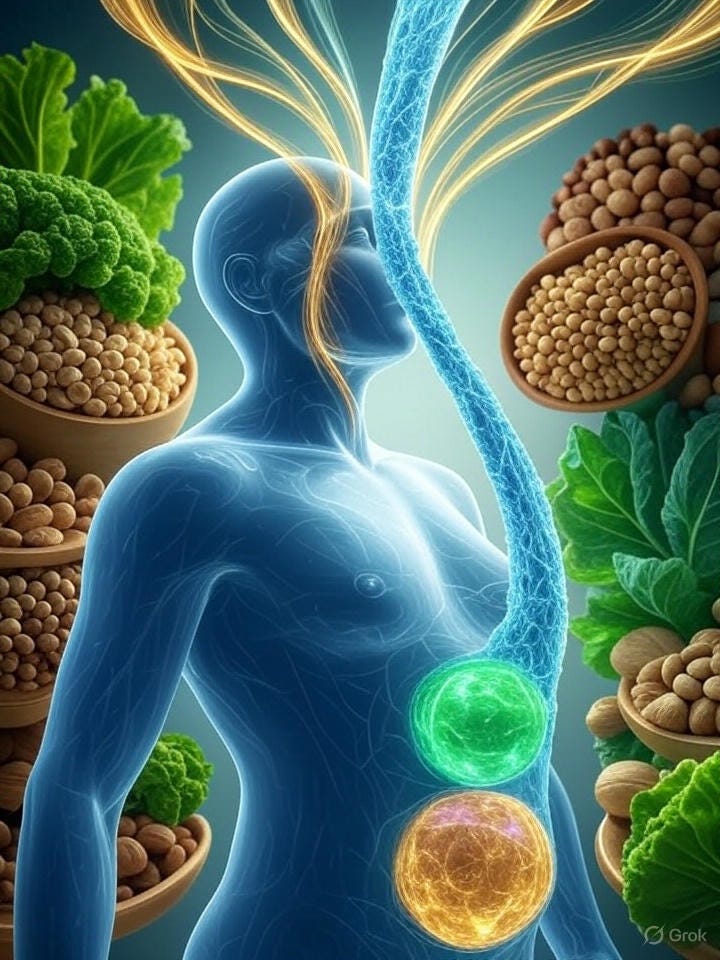Understanding Macronutrients for Better Obesity Management
Understanding carbs, proteins, and fats can help patients make sustainable choices for weight control and better health
A clear explanation of how macronutrients affect hunger, metabolism, and fat storage can empower patients with obesity to make practical dietary changes. Physicians and dietitians play a key role in shifting the focus from willpower to biology, reducing stigma and promoting sustainable habits.
Study Details
Obesity is often discussed in terms of calories,…
Keep reading with a 7-day free trial
Subscribe to Just Healthcare to keep reading this post and get 7 days of free access to the full post archives.


